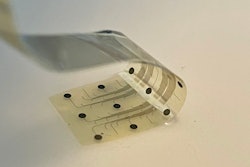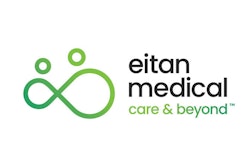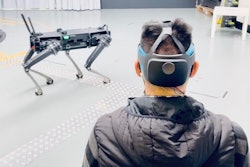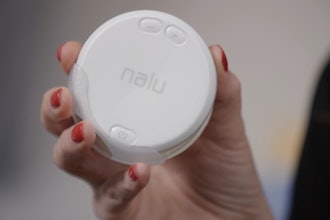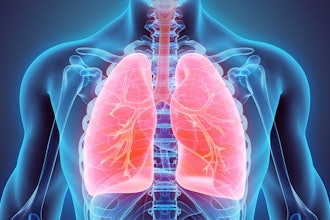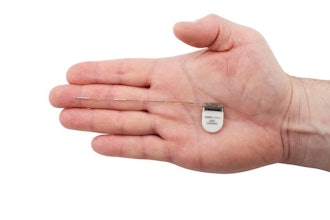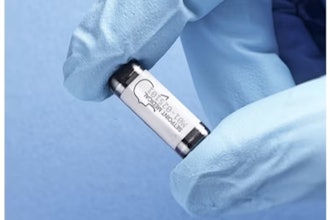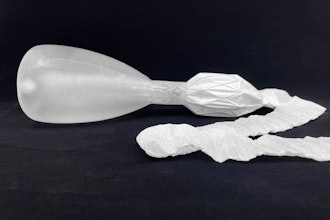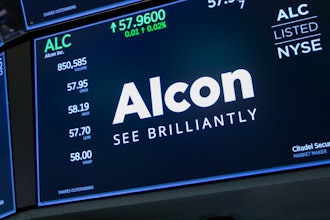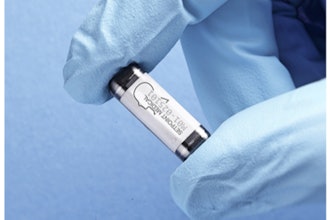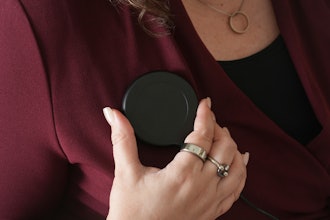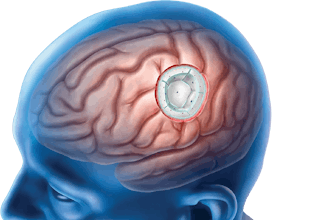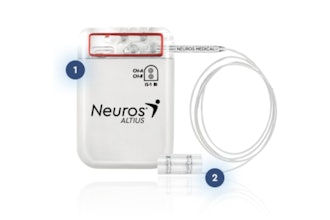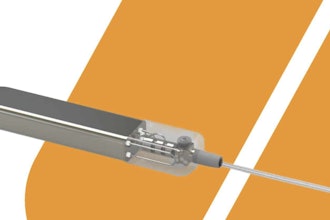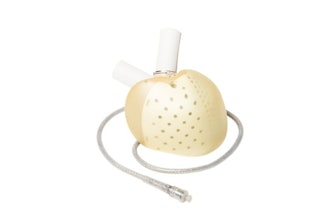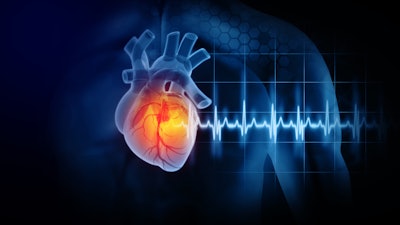
Artivion, a cardiac and vascular surgery company focused on aortic disease, announced that the FDA has granted a Humanitarian Device Exemption (HDE) for use of the AMDS Hybrid Prosthesis (AMDS) in acute DeBakey Type I dissections in the presence of malperfusion. The company said the AMDS is the world's first aortic arch remodeling device for use in the treatment of acute DeBakey Type I aortic dissections.
An HDE is a marketing application for a product that has been designated a Humanitarian Use Device (HUD). AMDS received both HUD and Breakthrough Designation, due to its intended benefit for patients in the treatment or diagnosis of a rare disease or condition in which no other comparable options currently exist. The HDE allows for commercial distribution of AMDS in the United States prior to anticipated approval of a Premarket Approval ("PMA") Application. Under the HDE, AMDS will be available as a treatment for acute DeBakey Type I dissections in the presence of malperfusion, which represent approximately 40% of all acute DeBakey Type I dissections in the U.S. The PMA, if approved, is expected to cover all acute DeBakey Type I dissections with and without malperfusion, representing an estimated $150 million annual US market opportunity.
Each year, approximately 6,000 patients in the U.S. present with an acute DeBakey Type I dissection, an emergent, life-threatening medical condition that requires immediate surgical repair. Left untreated, mortality from such a dissection is reported to be approximately 1% per hour and up to 50% in the first 48 hours. Today the standard of care is an ascending replacement or hemiarch repair. While this procedure can successfully remove the primary entry tear, it fails to adequately address the remainder of the diseased aorta, resulting in complications in both the acute and long-term phases.
The HDE for AMDS was granted following the availability of full cohort data from the PERSEVERE US IDE trial for AMDS. The trial consisted of 93 participants in the U.S. and met its primary endpoints demonstrating significant reduction of major adverse events (MAEs), including all-cause mortality, stroke, renal failure requiring dialysis, and myocardial infarction at 30-days following AMDS implantation.




